Known for drawing large crowds, the five-day Fêtes de Bayonne is a celebration of parties, street performances, traditional dances, the famous bull run, and fireworks.
It’s held in the town of Bayonne deep in south-west France, close to the border with Spain. The town is in the Pays Basque, part of France’s Basque-speaking region and the festival is a celebration is Basque culture.
You can buy a traditional outfit (in white and red) at a local market nearby to better join in the celebration.
This year, the event will run from July 10th until the 14th. You can find more information here, where you can also buy a bracelet that grants entry to festival areas.
It started with rugby
The first Fêtes de Bayonne were declared open on Wednesday July 13th, 1932, after former Aviron Bayonnais rugby players returning from the San Fermines festivities in Pamplona launched the idea of organising a similar gathering in Bayonne.
The mayor of the time, Joseph Garat, endorsed the project, a Fêtes committee was set up, and the rest is, as they say, history.
There’s a ‘uniform’
Of sorts. Over the years, the unofficial dress code among Fêtes de Bayonne attendees (known as festayre) has evolved: in the 1970s, blue workwear and sailor’s shirt style gave way to a white outfit decorated with a red scarf and cinta (a sash worn around the waist).
The idea is that all the festayres – festival-goers – are on equal footing.
READ ALSO 26 unmissable summer 2024 festivals and events in France
It has a king
Léon is the king of Bayonne. Well, more a mascot, if we’re being strictly honest. Every year, Léon appears on the balcony of the Mairie at 10pm on the first day of the event to officially open the five-day festival, looking over a sea of white-clad attendees. After the clock strikes 10, the party goers can tie scarves around their necks and get the party started.
During the five-day festival Léon performs for the children daily at 12noon.
It’s unique in south-west France
Of all the major festive gatherings in the south of France, those in Bayonne are the only ones that are called Fêtes, rather than ferias.
The emphasis is on the festive traditions of the Basque Country and Gascony, which are expressed in games, dances, music and songs.
It’s controversial
The Fêtes de Bayonne does feature the controversial ‘sport’ of bullfighting.
The Fêtes de Bayonne has a strong Basque identity, and bullfighting is a traditional part of the event. This programme features a bull run, two corridas, on July 12th and 13th, and another event on Sunday, July 14th.
READ ALSO La corrida: Why south-west France’s Bayonne Festival is controversial

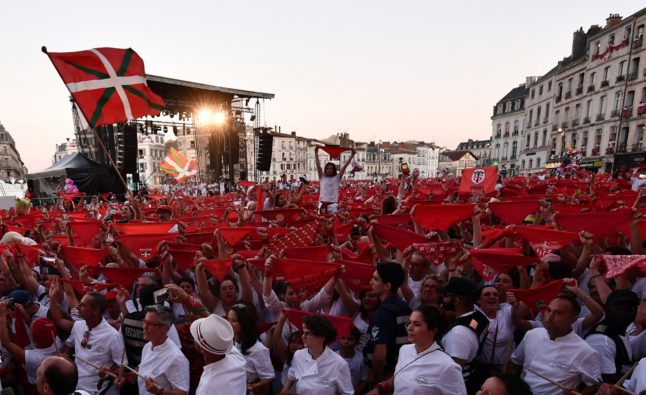
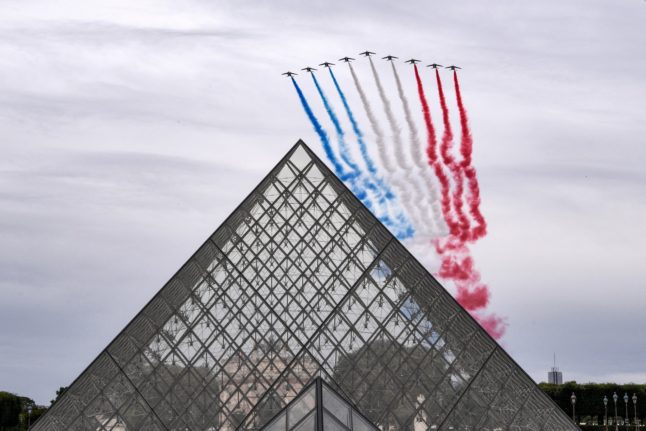
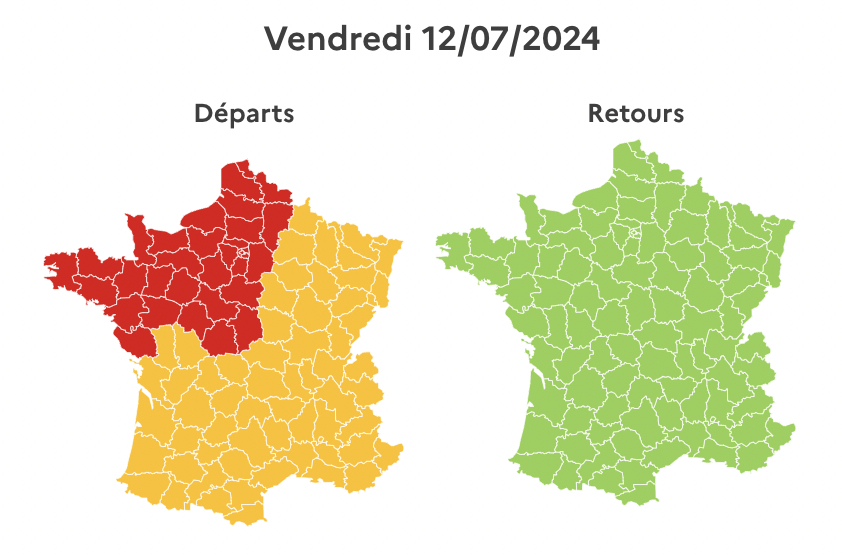
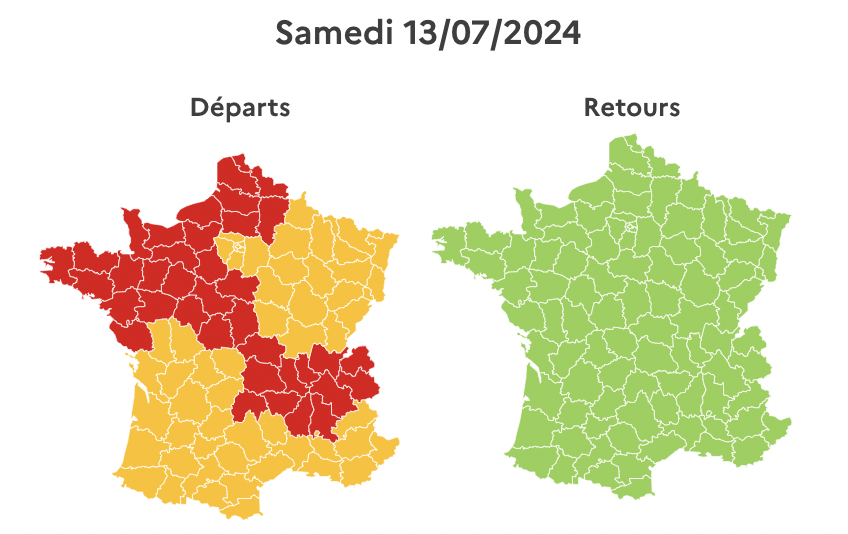
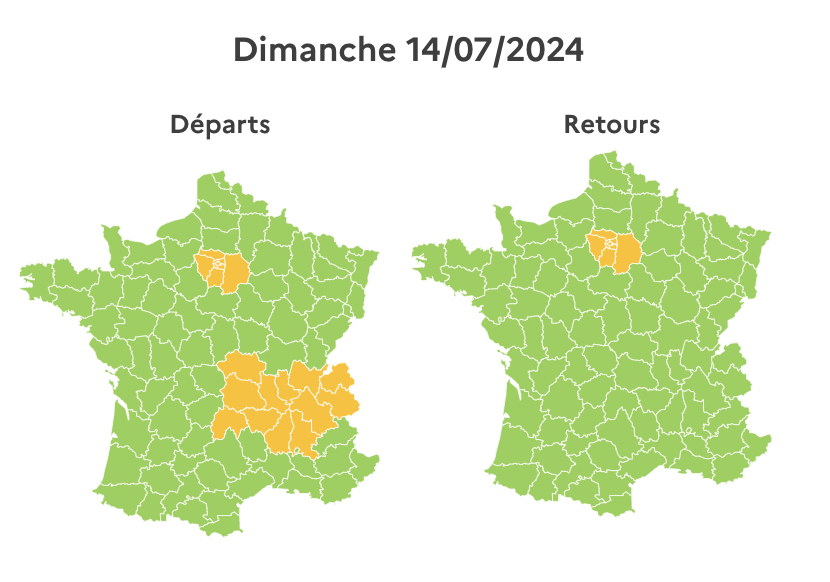
 Please whitelist us to continue reading.
Please whitelist us to continue reading.
Member comments